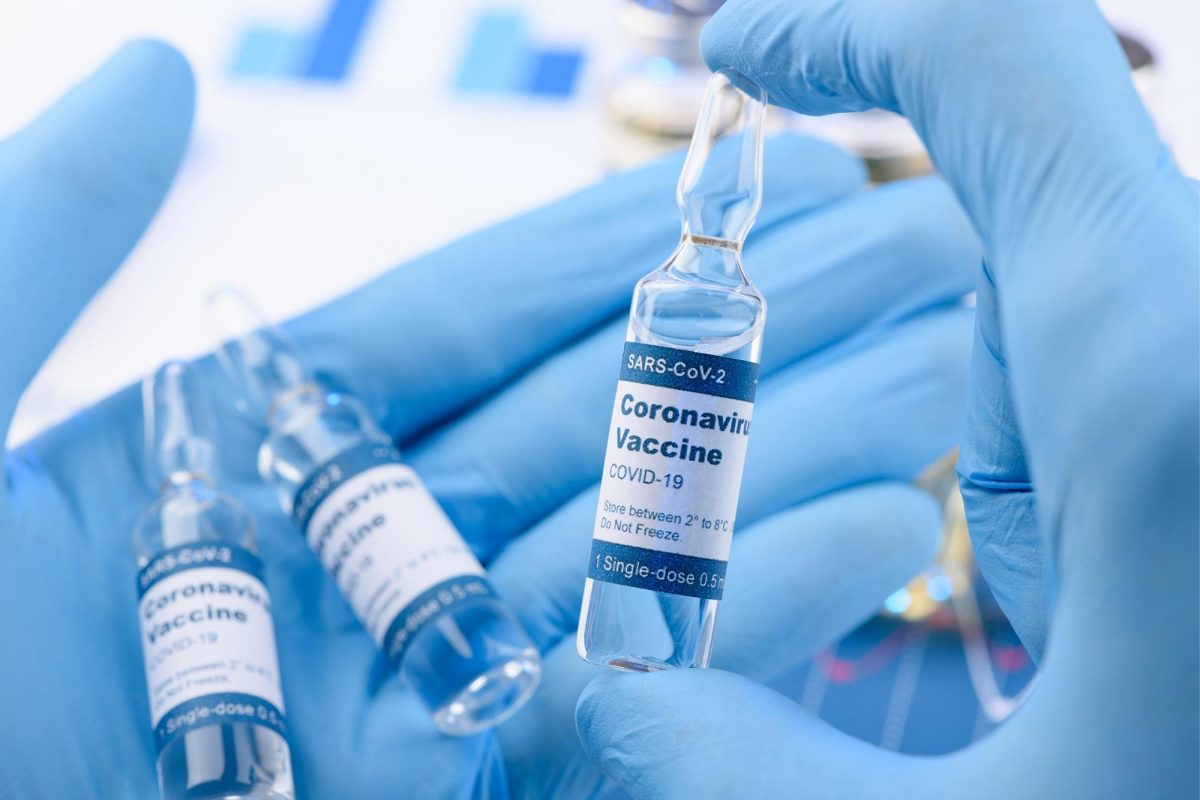A new scientific study suggests that the benefit of the original COVID booster shot is reduced for people who had already had a COVID-19 infection. The study also showed that the mRNA COVID-19 vaccines were less protective against Omicron than earlier COVID variants.
Primary mRNA COVID-19 vaccine series and original booster provide protection against Omicron infection, but less effectively than against other variants. The additional benefit of the original booster may be limited among people with a prior SARS-CoV-2 infection.
mRNA COVID-19 vaccines are less effective against Omicron infections than other variants. A study published on December 1st in the open-access journal PLOS Medicine by Margaret L. Lind at the Yale School of Public Health, U.S. and colleagues suggests that the additional protection offered by the initial booster shot may be reduced among people with a previous COVID-19 infection.
Evidence indicates that primary (two-dose) and original booster mRNA (third dose) vaccination significantly reduces the risk of Omicron-related infection and severe outcomes in the general population. However, the benefit of mRNA COVID-19 vaccination in people who have previously experienced infection remains unclear.
In order to estimate the effectiveness of mRNA vaccination against Omicron infection among people with a prior documented infection, the researchers conducted a test-negative case control study using health records obtained through a COVID-19 study of vaccine-eligible people older than five who had at least one SARS-CoV-2 test in the Yale New Haven Health system electronic medical records.
The study group included 11,307 people who tested positive for SARS-CoV-2 between November 1, 2021 and April 30, 2022 as well as 130,041 control cases who tested negative in the same time period. The researchers then estimated vaccine effectiveness against infection and additionally whether an original booster dose was associated with increased protection beyond primary vaccination. This was achieved by comparing the odds of infection between boosted and booster-eligible people with and without a documented prior infection.
The researchers found that primary vaccination provided protection against Omicron infection among people with and without a documented prior infection. While original booster vaccination was associated with additional protection against Omicron infection in people without a documented prior infection, it was not found to be associated with additional protection among people with a documented prior infection.
The researchers emphasize that while the initial booster may not provide additional benefits in preventing Omicron infection in some people, it still offers the best protection against severe illness and hospitalization, according to previous studies. This study was limited to Omicron infections and should be considered alongside other existing and future studies examining the relative benefits of booster doses against severe COVID-19 disease among people with and without prior infections. Additionally, this analysis was conducted prior to the distribution of the bivalent COVID-19 booster and the findings are limited to associations between the original vaccines and Omicron infection.
Lind adds, “In this retrospective study, we found that primary mRNA vaccination provides moderate protection against Omicron (BA.1 lineage) infection regardless of prior infection history. However, the relative benefits of an original booster dose against Omicron infection may be affected by a person’s history of prior SARS-CoV-2 infection.”
Reference: “Association between primary or booster COVID-19 mRNA vaccination and Omicron lineage BA.1 SARS-CoV-2 infection in people with a prior SARS-CoV-2 infection: A test-negative case–control analysis” by Margaret L. Lind, Alexander J. Robertson, Julio Silva, Frederick Warner, Andreas C. Coppi, Nathan Price, Chelsea Duckwall, Peri Sosensky, Erendira C. Di Giuseppe, Ryan Borg, Mariam O. Fofana, Otavio T. Ranzani, Natalie E. Dean, Jason R. Andrews, Julio Croda, Akiko Iwasaki, Derek A. T. Cummings, Albert I. Ko, Matt D. T. Hitchings and Wade L. Schulz, 1 December 2022, PLoS Medicine.
DOI: 10.1371/journal.pmed.1004136
Share your story or advertise with us: Whatsapp: +2347068606071 Email: info@newspotng.com











